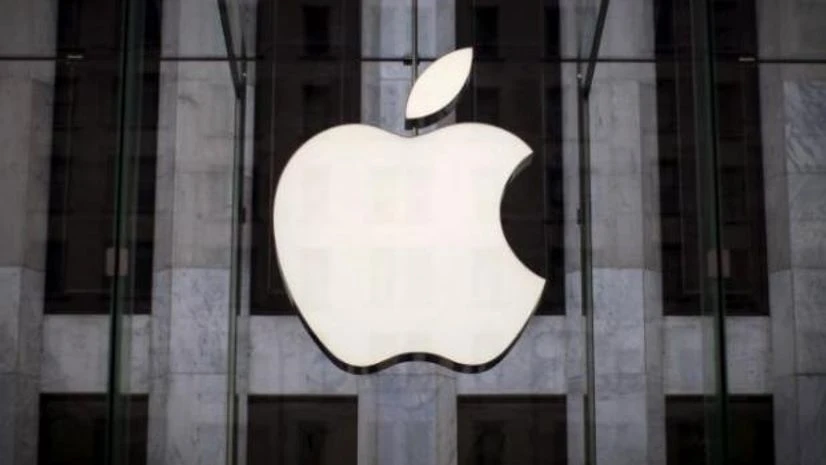Over the years, Apple has become the poster child for US multinationals accused of sheltering overseas profits to avoid the IRS. What’s gone largely unnoticed is that it’s been paid more than half a billion dollars by the US government to do just that.
Taking advantage of an exemption tucked into America’s Byzantine tax code, Apple stashed much of its foreign earnings — tax-free — right here in the US, in part by purchasing government bonds, according to people with direct knowledge of the matter.
In return, the Treasury Department paid Apple at least $600 million and possibly much more over the past five years in the form of interest, a Bloomberg review of its regulatory filings shows.
The untold story of Apple and its taxes wends its way from Cork, Ireland, to New York and then Reno, Nevada. But according to tax experts interviewed by Bloomberg News, the maker of iPhones is hardly unique. Many of the biggest US multinationals have seized on the same exemption, which lets them avoid or delay repatriation taxes by buying Treasuries with their overseas cash. (The top 10 alone hold over $100 billion of the bonds.)
That, in effect, enables the companies to turn billions of dollars in potential tax liabilities into millions of dollars in taxpayer subsidies—all while they publicly bemoan the sky-high taxes that make it impossible for them to bring the money home.
From the government’s standpoint, “it’s as if you are paying someone to borrow a bike that’s actually yours to begin with,” said Reuven Avi-Yonah, a professor who specializes in corporate and international taxation at the University of Michigan Law School. “The whole thing is full of uneasy compromises in order to dance around the reality that most of the money isn’t actually offshore — it’s really here.”
More From This Section
The maneuver is perfectly legal and no one is suggesting that it’s a big money maker for Apple or anyone else at today’s low interest rates. If the companies sold the bonds, the cash would still be considered foreign earnings and subject to eventual taxation. What’s more, the interest they earn from buying US debt—which helps finance government spending—is taxable.
But if nothing else, the purchases reflect how the distinction between what’s foreign and what’s not for multinationals often exists only in the world of accounting.
In response to requests for comment, Apple spokesperson Josh Rosenstock referred Bloomberg to the company’s annual financial statements filed with the Securities and Exchange Commission, without elaborating further. In the most recent filing, Apple said it paid $10.4 billion in worldwide income taxes for its last financial year.
The Internal Revenue Service declined to comment, as did the Treasury Department, which oversees the US government tax agency.
The issue of what to do with US companies’ overseas earnings—which has vexed lawmakers for years—has become more urgent with the election of Donald Trump. As a candidate, Trump promised to get companies to bring back some of the $2.6 trillion they hold internationally by enacting a one-time repatriation tax of 10 per cent (from the 35 per cent rate).
The current exemption, spelled out in Section 956 (c) (2) of the US tax code, has been in place since 1962. But over the past two decades, global companies (particularly in technology and pharmaceuticals) began to use it aggressively as one way to reduce the tax bill on their burgeoning overseas profits. It states companies can repatriate income without paying a penny in taxes—as long as it is used to buy Treasuries or other US securities like stocks and corporate bonds.
If a company decides to use the money for any other purpose, like capital spending, it would still be subject to a 35 per cent tax. And the money reverts back to accounts designated for foreign cash if the securities are sold. (Part of the reason companies still earmark the cash as “held overseas” for accounting purposes.)
“It’s an honor system, a self-assessment system,” said J Richard Harvey, a former top tax official at the IRS and Treasury Department, who now teaches law at Villanova University.
Bloomberg

)
